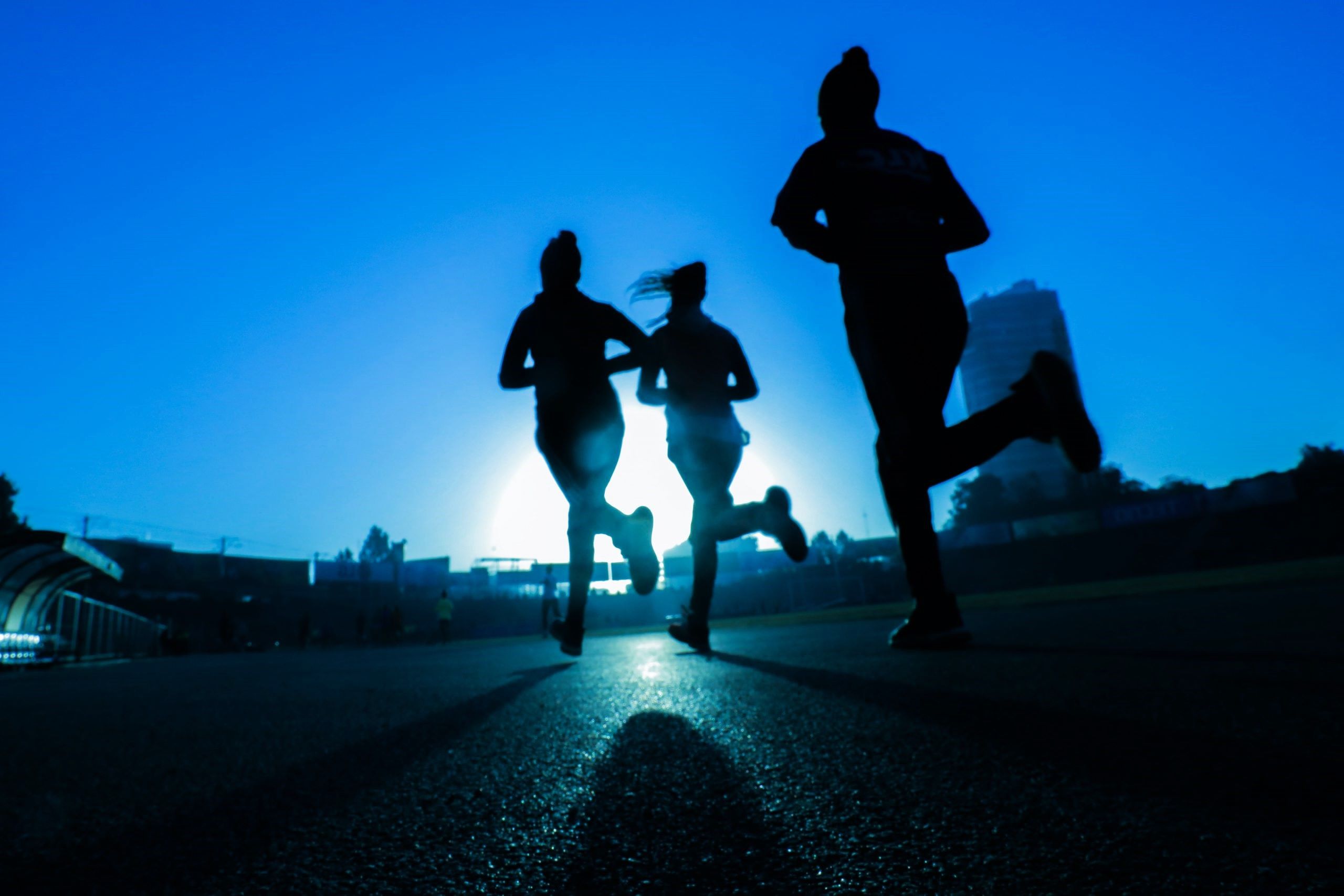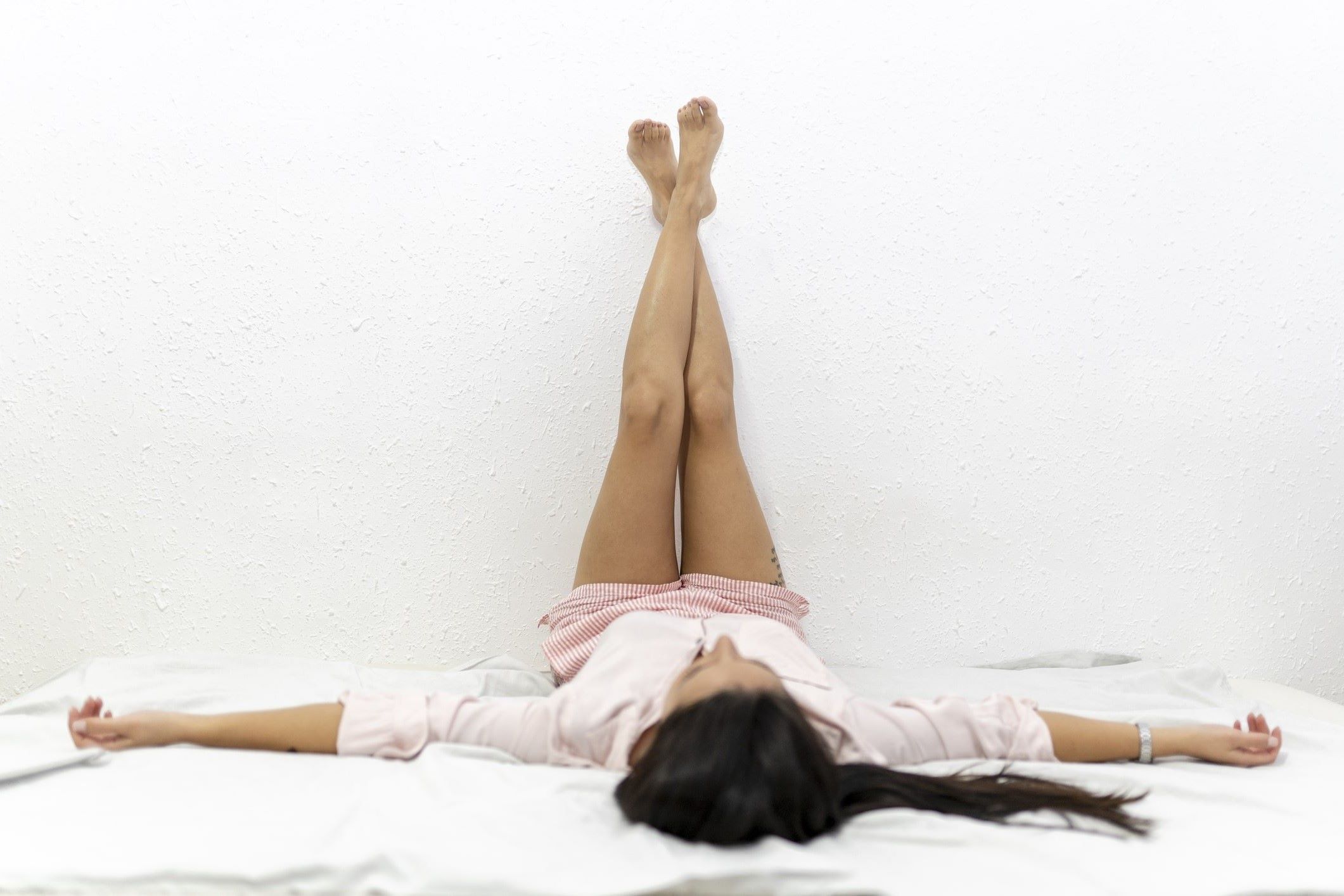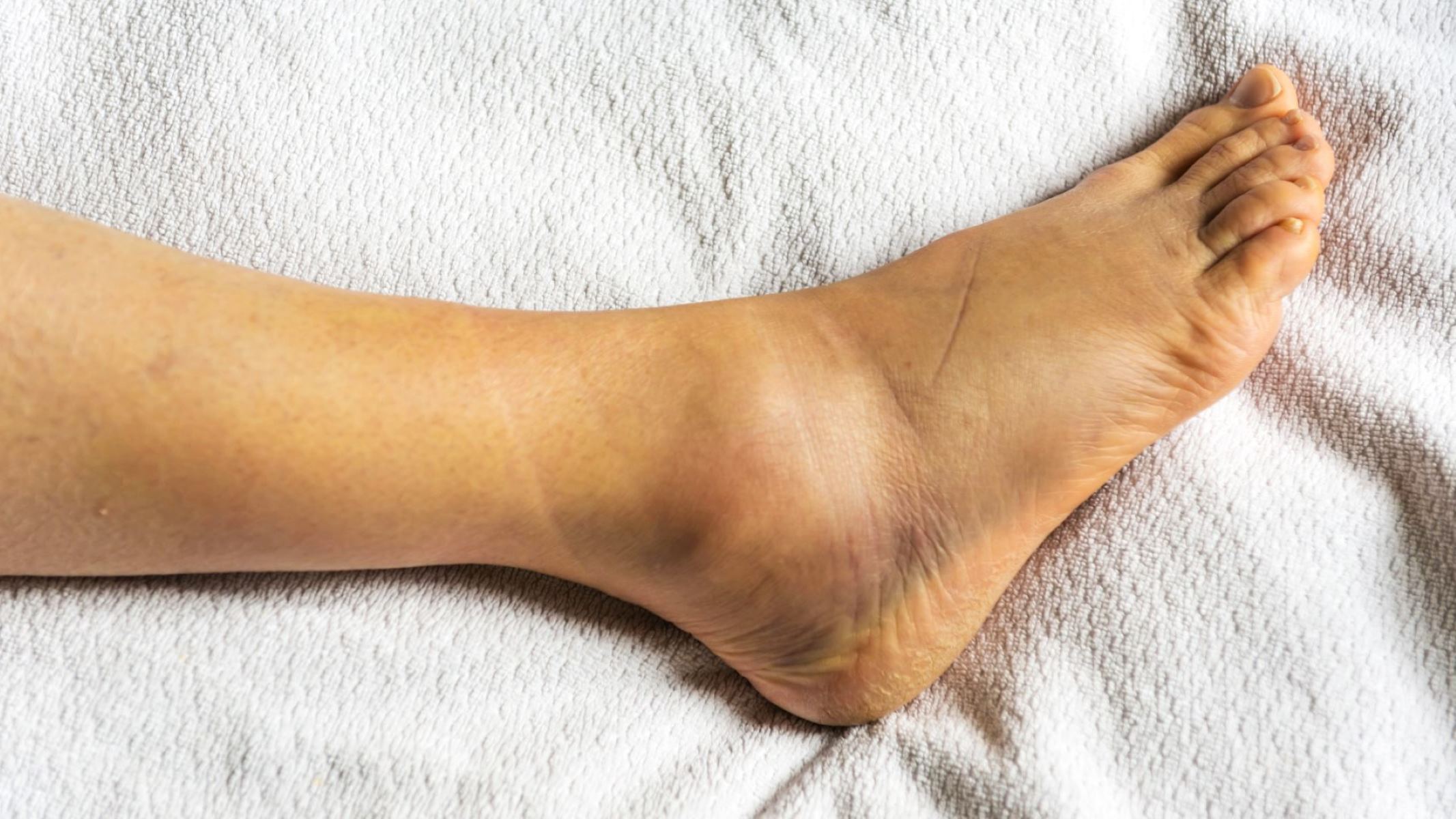Home>Health & Nutrition>3 Reasons Why You Can’t Sleep After A Challenging Run


Health & Nutrition
3 Reasons Why You Can’t Sleep After A Challenging Run
Published: February 29, 2024
Discover the impact of exercise on sleep and how nutrition plays a crucial role in post-run rest. Learn 3 reasons why you may struggle to sleep after a challenging run. Prioritize your health and nutrition for better sleep quality.
(Many of the links in this article redirect to a specific reviewed product. Your purchase of these products through affiliate links helps to generate commission for Therunningadvisor.com, at no extra cost. Learn more)
Table of Contents
The Impact of Physical Exertion on Sleep
Engaging in physical activities, such as a challenging run, can significantly impact your ability to fall asleep and the quality of your sleep. The exertion from intense physical activity can lead to various physiological and psychological changes that affect your sleep patterns. Understanding these effects is crucial for optimizing post-exercise rest and recovery.
-
Increased Arousal: After a challenging run, your body experiences heightened arousal due to the release of adrenaline and other stress hormones. This heightened state of arousal can make it difficult for your body and mind to transition into a relaxed state conducive to sleep. The lingering excitement and energy from the run can keep your mind racing, making it challenging to unwind and fall asleep.
-
Elevated Body Temperature: During vigorous exercise, your body temperature rises as a result of increased metabolic activity. Following a challenging run, your body may take some time to cool down and return to its normal temperature. This elevation in body temperature can interfere with the natural drop in temperature that typically occurs when you are preparing for sleep, making it harder to initiate the sleep process.
-
Muscle Tension and Discomfort: Intense physical exertion can lead to muscle soreness and tension, which may persist after the run. This discomfort can make it challenging to find a comfortable sleeping position and can disrupt your ability to relax and drift off to sleep. Additionally, the micro-tears in muscle fibers that occur during exercise-induced stress can contribute to discomfort and restlessness, further impacting your ability to achieve restful sleep.
Understanding the impact of physical exertion on sleep is essential for developing effective strategies to mitigate these effects and promote better sleep quality. By recognizing the physiological and psychological changes that occur after a challenging run, individuals can implement targeted approaches to facilitate relaxation and improve their overall sleep experience.
Read more: Why You Should Give Track Running A Shot
The Role of Endorphins in Sleep Disruption
Engaging in a challenging run triggers the release of endorphins, which are neurotransmitters produced by the central nervous system and the pituitary gland. These endorphins play a pivotal role in modulating pain perception, reducing stress, and inducing feelings of euphoria and well-being. While the release of endorphins is beneficial for enhancing mood and alleviating discomfort during and after physical exertion, it can also contribute to sleep disruption.
Endorphins, often referred to as the body's natural painkillers, have a stimulating effect on the brain and nervous system. The surge of endorphins following a challenging run can lead to increased alertness and heightened mental activity, making it challenging for individuals to transition into a state of relaxation conducive to sleep. The euphoric feelings induced by endorphins can create a sense of wakefulness and mental stimulation, delaying the onset of sleep and impacting the overall sleep duration.
Furthermore, the influence of endorphins on the body's stress response system can contribute to sleep disturbances. While endorphins help alleviate physical discomfort and stress during exercise, the lingering effects of heightened endorphin levels can interfere with the body's natural relaxation response. This can result in heightened arousal, making it difficult for individuals to unwind and achieve a state of calm necessary for restful sleep.
The impact of endorphins on sleep disruption is further compounded by their interaction with other neurotransmitters and hormones. Endorphins can influence the release of dopamine and serotonin, neurotransmitters that play key roles in regulating mood and sleep-wake cycles. The intricate interplay between these neurotransmitters can affect the overall balance of brain activity, potentially leading to disturbances in sleep patterns and sleep quality.
Understanding the role of endorphins in sleep disruption is essential for individuals seeking to optimize their post-exercise rest and recovery. By recognizing the stimulating effects of endorphins and their potential influence on sleep, individuals can implement targeted strategies to promote relaxation and facilitate the transition into restful sleep. Incorporating mindfulness practices, relaxation techniques, and adequate post-exercise recovery time can help mitigate the impact of endorphins on sleep disruption, allowing individuals to achieve a more restorative and rejuvenating sleep experience after engaging in challenging physical activities.
Strategies for Improving Sleep After a Challenging Run
After completing a challenging run, implementing targeted strategies to improve sleep quality is essential for supporting overall well-being and maximizing the benefits of physical exertion. By incorporating specific practices and adjustments into your post-run routine, you can enhance relaxation, promote restful sleep, and facilitate the body's natural recovery processes.
1. Mindful Cool-Down and Stretching
Engaging in a mindful cool-down routine after a challenging run can help lower your heart rate, regulate breathing, and gradually transition your body into a state of relaxation. Incorporating gentle stretching exercises can alleviate muscle tension and discomfort, promoting physical comfort and preparing your body for restorative sleep.
2. Relaxation Techniques
Practicing relaxation techniques, such as deep breathing, progressive muscle relaxation, or guided imagery, can help calm the mind and reduce arousal levels after a challenging run. These techniques facilitate the release of tension and promote a sense of tranquility, creating an optimal environment for falling asleep peacefully.
3. Establishing a Consistent Wind-Down Routine
Developing a consistent wind-down routine following a challenging run can signal to your body that it is time to unwind and prepare for sleep. This routine may include activities such as gentle stretching, reading, listening to calming music, or engaging in soothing rituals that promote relaxation and mental calmness.
4. Optimal Sleep Environment
Creating an optimal sleep environment is crucial for promoting restful sleep after physical exertion. Ensure that your sleep space is conducive to relaxation by minimizing noise, controlling room temperature, and optimizing comfort with supportive bedding and pillows. Dimming the lights and reducing screen time before bed can also signal to your body that it is time to wind down and prepare for sleep.
5. Hydration and Nutrition
Maintaining proper hydration and consuming a balanced post-run snack can support the body's recovery and promote sleep readiness. Avoiding heavy meals close to bedtime and opting for sleep-supportive foods, such as bananas, almonds, or herbal teas, can contribute to a more comfortable and restful sleep experience.
6. Consistent Sleep Schedule
Establishing a consistent sleep schedule, even after a challenging run, can help regulate your body's internal clock and optimize sleep quality. Aim to maintain a regular bedtime and wake-up time, allowing your body to establish a predictable sleep-wake cycle that aligns with your physical activity routine.
By integrating these strategies into your post-run routine, you can effectively mitigate the potential disruptions to sleep caused by intense physical exertion. Prioritizing relaxation, creating a sleep-conducive environment, and supporting your body's recovery processes can significantly enhance your overall sleep experience, allowing you to reap the full benefits of your challenging runs while promoting optimal rest and rejuvenation.















